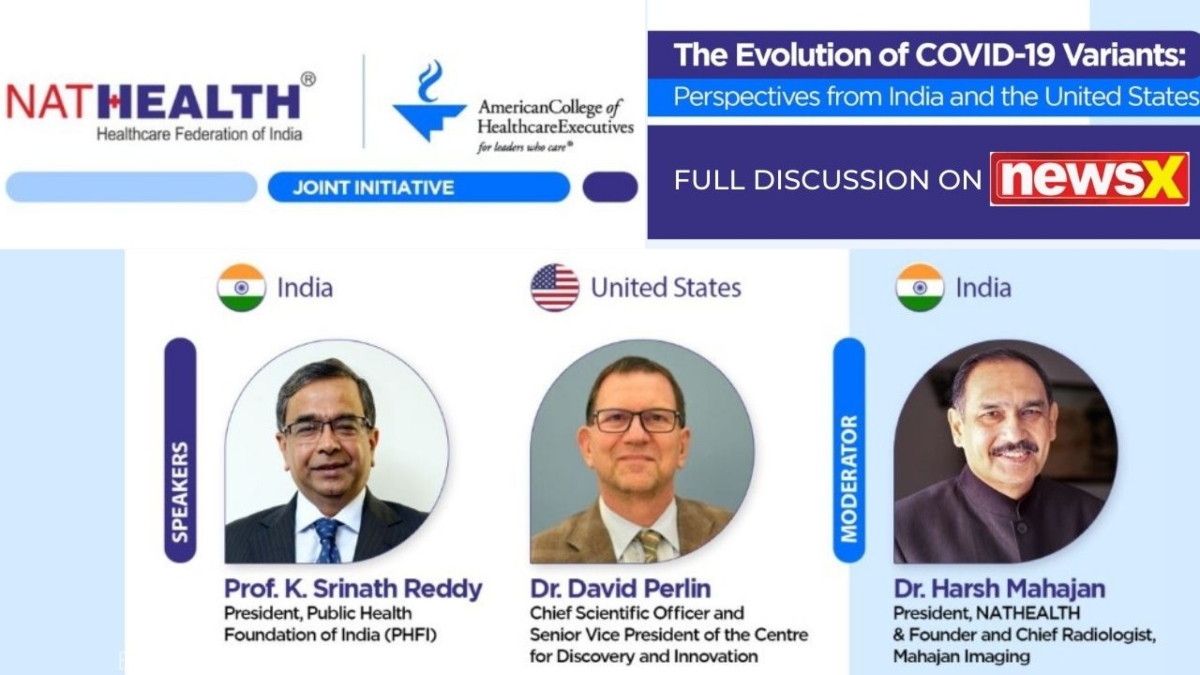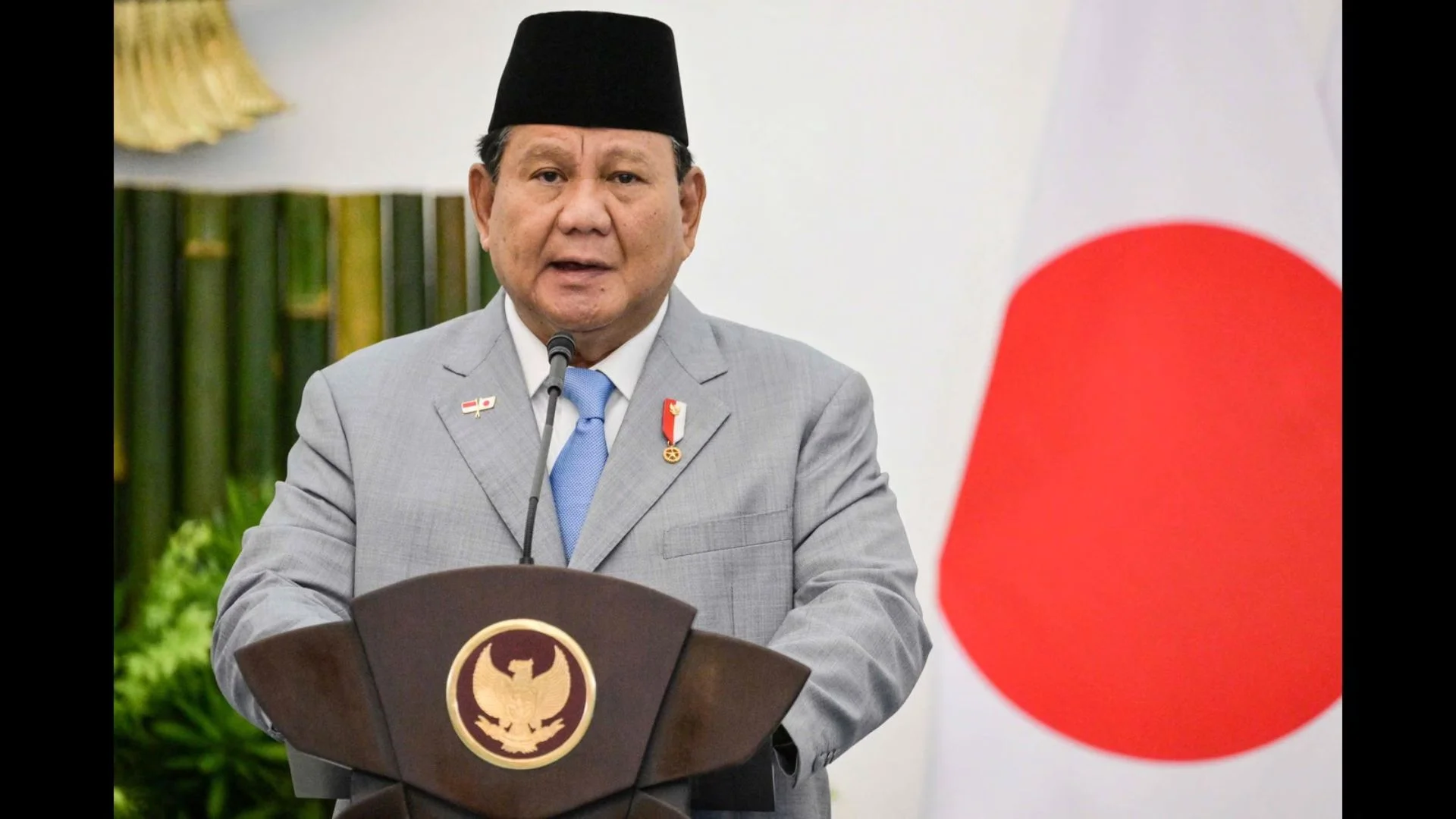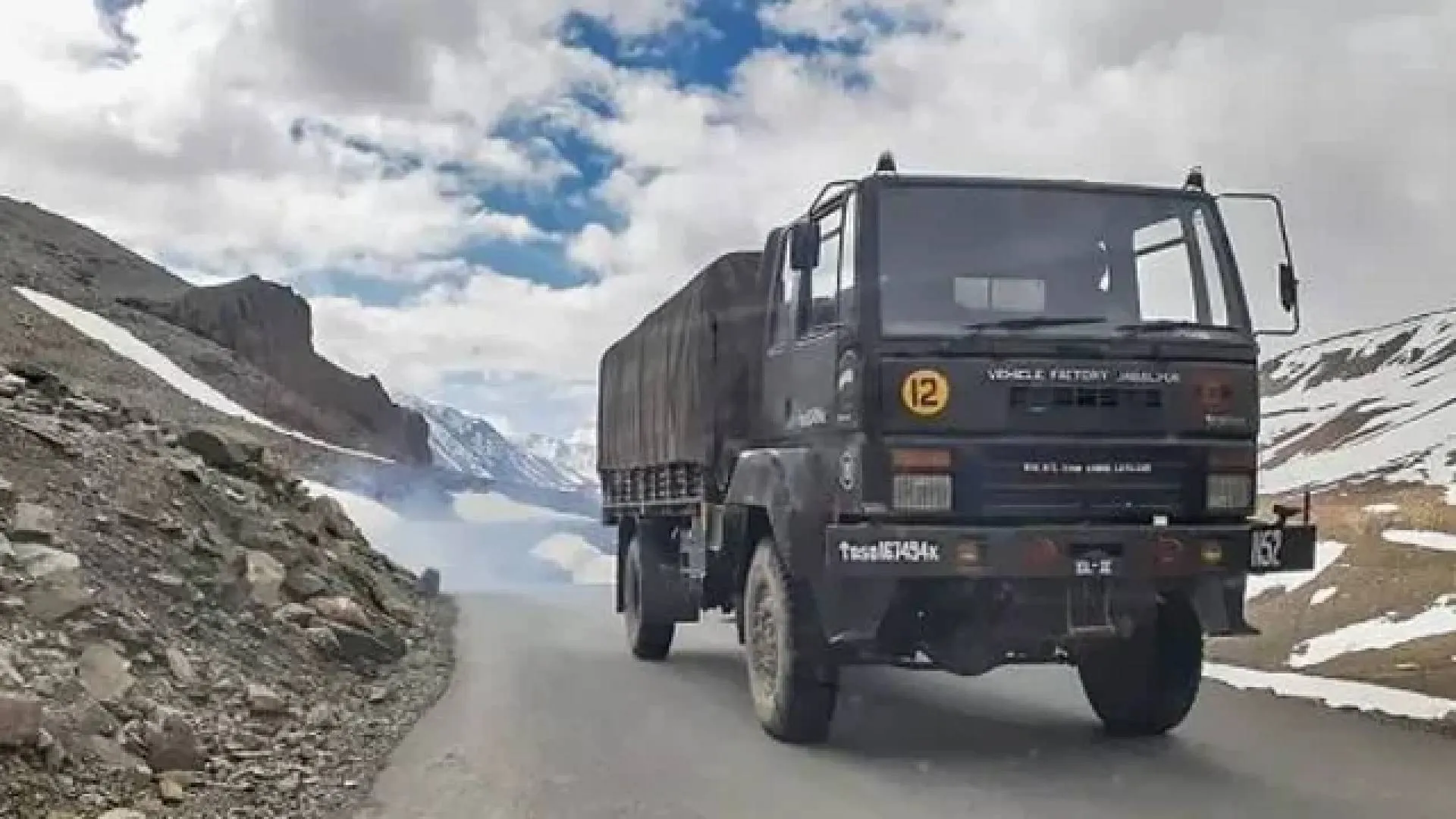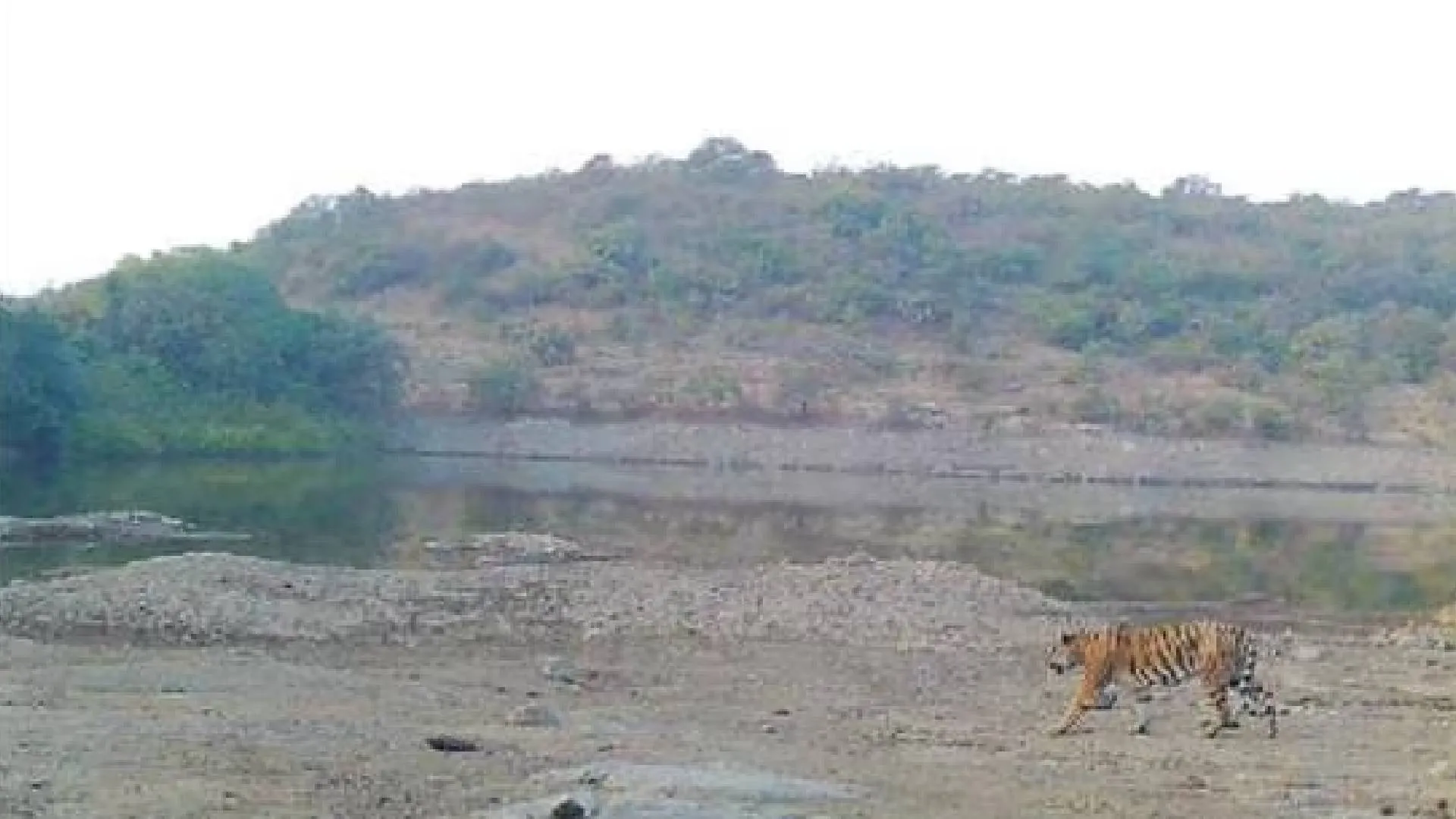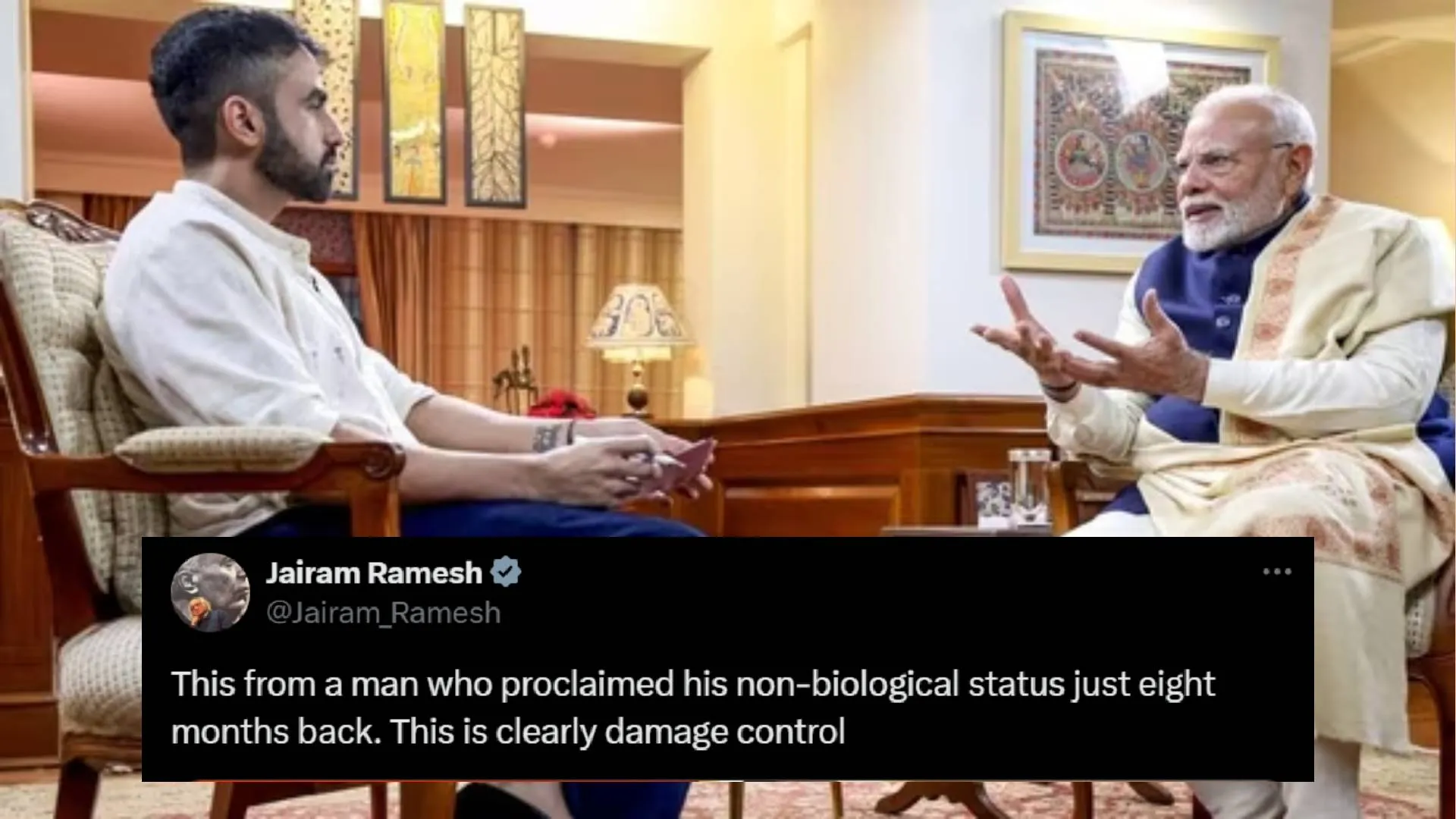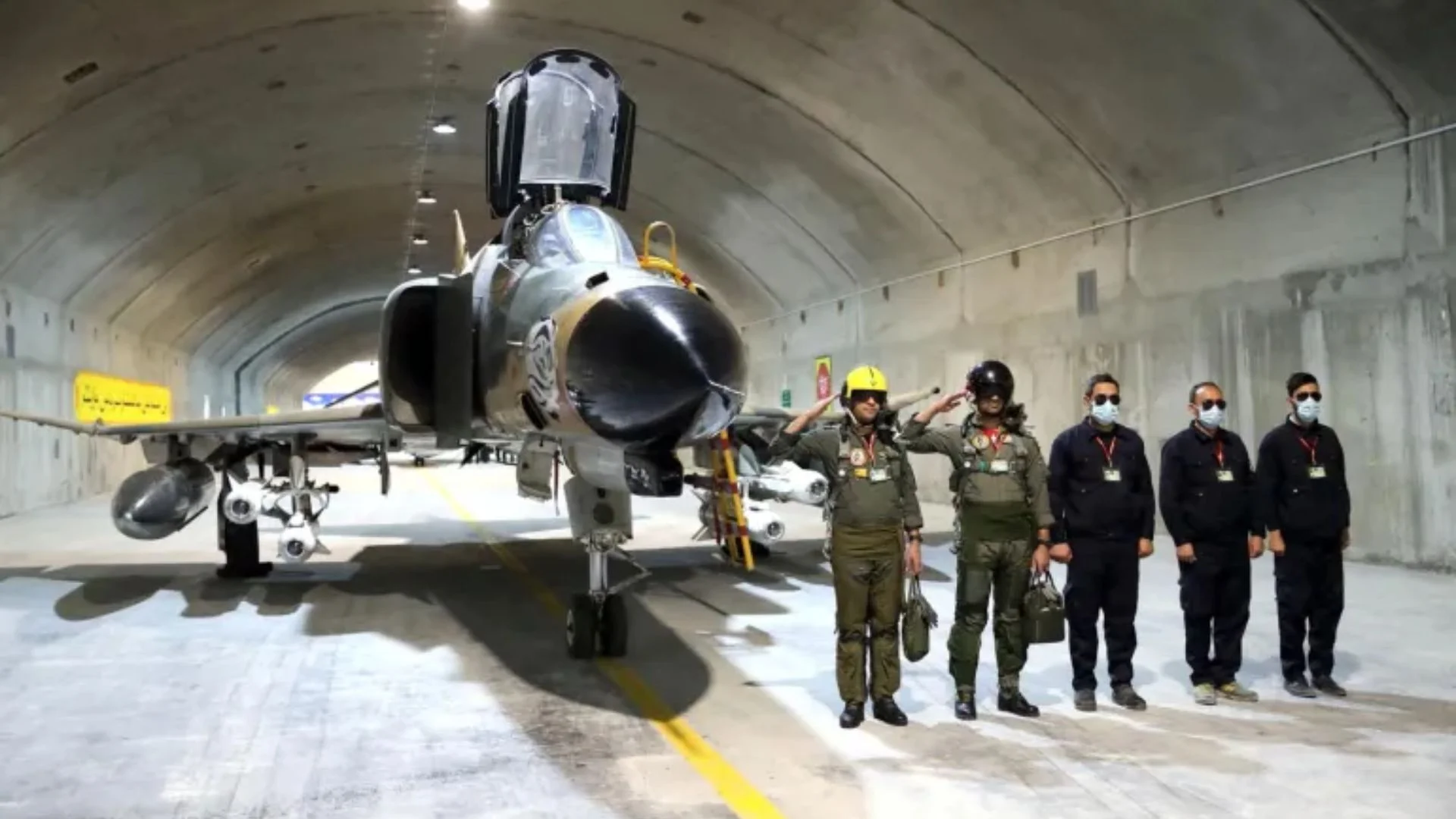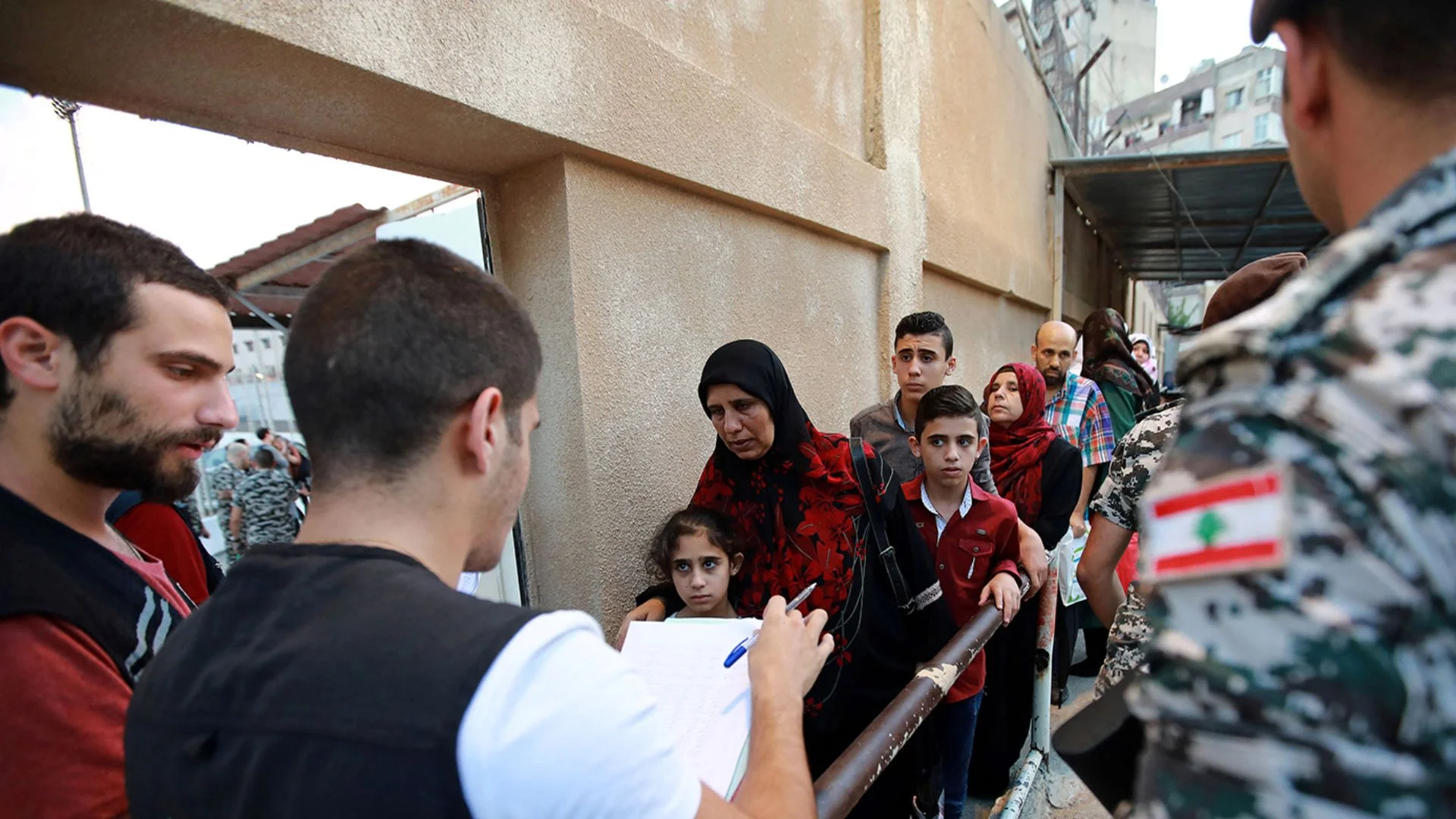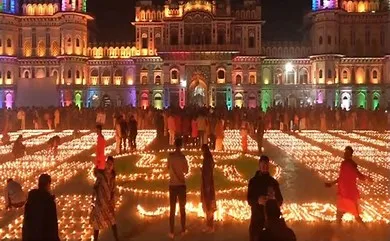NATHEALTH and American College of Healthcare Executives (ACHE), as part of its joint initiative, recently organised an engaging session to hear different perspective from India and US, on the evolution of Covid-19 variants and strategies to better understand their impacts. Moderated by Dr. Harsh Mahajan, President, NATHEALTH & Founder and Chief Radiologist, Mahajan Imaging and comprehensive discussion by two panel speakers Dr. David Perlin, Chief Scientific Officer and Senior Vice President of the Centre for Discovery and Innovation and Prof. K. Srinath Reddy, President, Public Health Foundation of India (PHFl), the session centred around the variants of coronavirus, its impact and ways to tackle it.
It provided an enhanced and well-rounded understanding to the topic at hand. In addition to discussing the current science on Covid 19 variants in U.S and globally, the panel also assessed the mutations embedded in the virus variants, examined the public health implications of covid 19 variants in India and globally and also focused on the way forward.
Molley lowe, Director of content strategy for the American college of healthcare executive (ACHE), welcomed everyone to the webinar and expressed her unique pleasure of having an international audience. She introduced the distinguished panel of speakers of the day.
Dr. Mahajan initiated the session by explaining the need for global collaboration to fight back the pandemic. He said “Researchers and epidemiologists around the world have been predicting various models for the potential spread of Covid-19 pandemic which has devastated world in the last 18 months. Facing a big challenge of continuous mutations of corona virus which make it difficult to predict how the pandemic would unfold in future. Various models give different pictures about loss of lives in upcoming months. Rates of infection and deaths are declining in US, in the last 2 months we have seen devastating surges of the virus in India and other countries.”
He further reinforced the need to have a global collaboration to contain and finally end the current pandemic. He added “while the future of pandemic and its projections remain uncertain, vaccination rates are increasing. Yet there are inequities in vaccination across the globe. Hence, it would be useful to know the most likely outcomes, the best and worst case scenarios to guide local and national decisions those can lead us towards the end of pandemic.”
Next, Dr. David Perlin was invited. He talked about some of the science behind the evolution of generation of SARs COV variants of concerns and what are the concerns we should be worrying about. He addressed questions like what should we know about variants transmission, their health effects and impacts on potential therapies and vaccines? He further explained the process of how any airborne virus like corona attacks the respiratory and immune system. He said “the key to viral infections is binding of the virus to its receptor. We know that when the infected host cell responds to form neutralising antibodies that are directed against the receptor binding domain, so that virus is no longer able to interact with its host cell.”
He additionally explained “In terms of virus variants, we recognise that RNA viruses like SARs CoV2 rapidly generate mutations compared to lower rate of mutations in humans. RNA viruses replicate a million to 10 times to 10 million times more rapidly than humans. Each mutation has potential to change viral properties for the next generation of viruses. The antibodies generated against the receptor binding domains can have one of the 3 possibilities: 1. Leave virus unchanged; 2. Decrease or loss of virus functions leading virus to disappear and 3. Gain of virus functions making it more transmissible and infectious. We are worried about the 3rd possibility. If there’s an increased interaction of the virus with its host, the antibodies don’t bind as readily leading to consequences like mutations can enhance the infection rates, reduce the potential effectiveness of vaccines and natural antibodies or may facilitate reinfection.”
He concluded by saying “virus evolution has been an important component of Covid-19 pandemic; variants of concerns (VOC) like delta are more transmissible, some variants may impede antibody development but can be controlled by existing vaccines and lastly the best way to control VOCs is by broad vaccination.”
The moderator then welcomed Prof. K. Srinath Reddy for his comments on public health implications of Covid-19 variants in India and globally. Prof. Reddy began by appreciating Dr. Perlin’s excellent exhibition of the science of Virology and immunology as it pertains to SARS COVID-19 virus and its variants. In his part, he tried to deal mostly with the public health perspective with a little throwback to evolutionary biology as an additional perspective.
He said “Indeed when variants do come up, one of the biggest questions we ask ourselves particularly when we are looking at the implications it has for public health response is, is it more infectious than the wild virus or any other relevant virulent while any other variant that preceded it, is it more virulent, is it more capable of vaccine evasion or escape and also is it less responsive to therapeutic interventions? While we are trying to answer that, we also have to understand how so many variants are arising in the different parts of the world and of course transmitting themselves with great ease to the other parts of the world.”
He added “We are generally tended to look at the viruses and variants in a very linear fashion but viruses are complex adaptive systems. Joshua Lederberg called the father of microbial genetics wrote a seminal paper in science in 2000, in which he said it is our wits against their genes. So we have to try and overcome their inevitable attempt.” To sum up his talk, he said “our response in terms of public health has to be to protect ourselves from easy entry of virus into our body, to obstruct the virus in terms of its transmission by not allowing super spreader events, vaccinate fast and wide and develop new vaccines with innovations which can match the new virus variants.”
The session was wonderfully wrapped up by addressing some pertinent questions raised by the audience.

